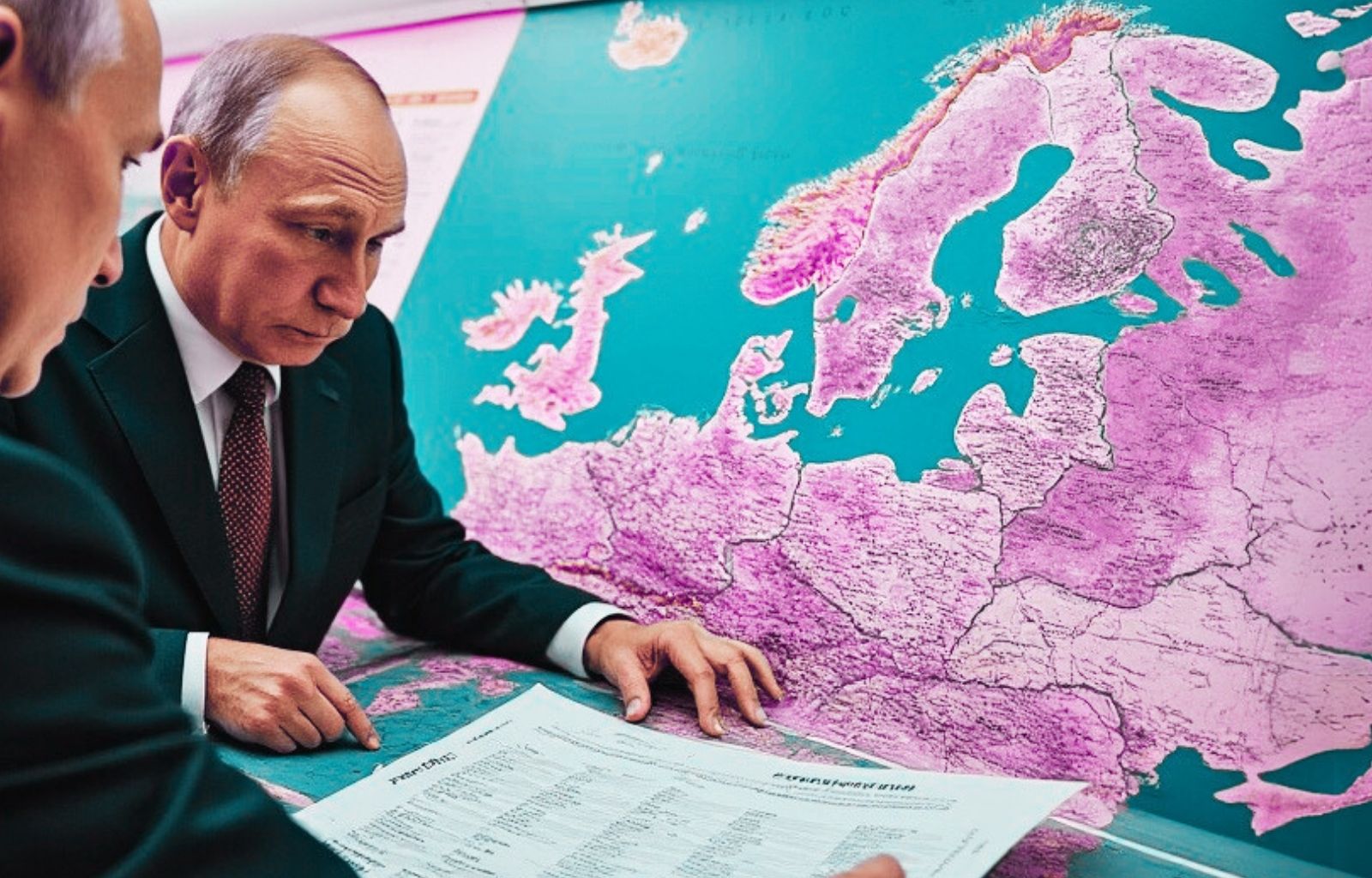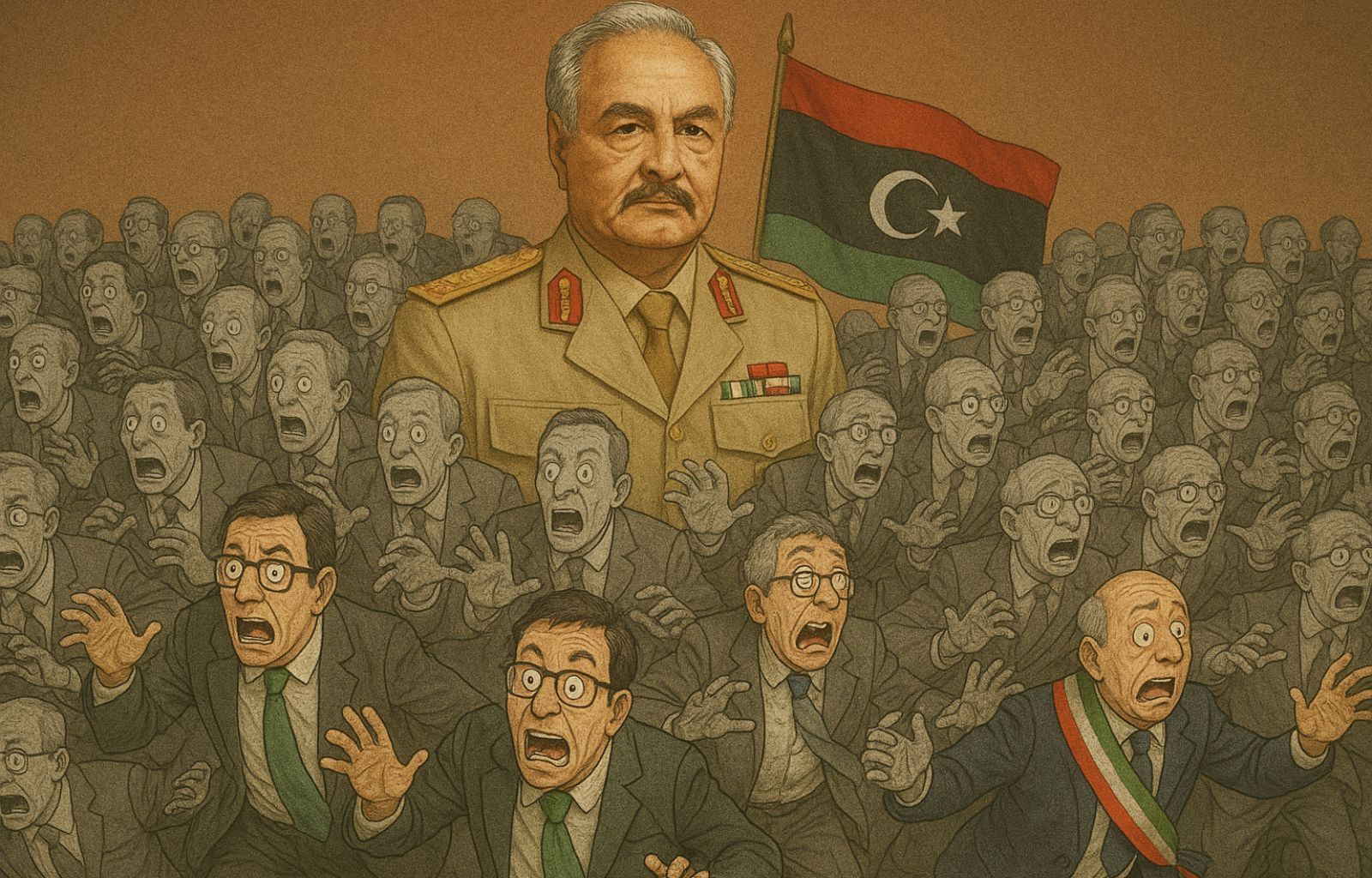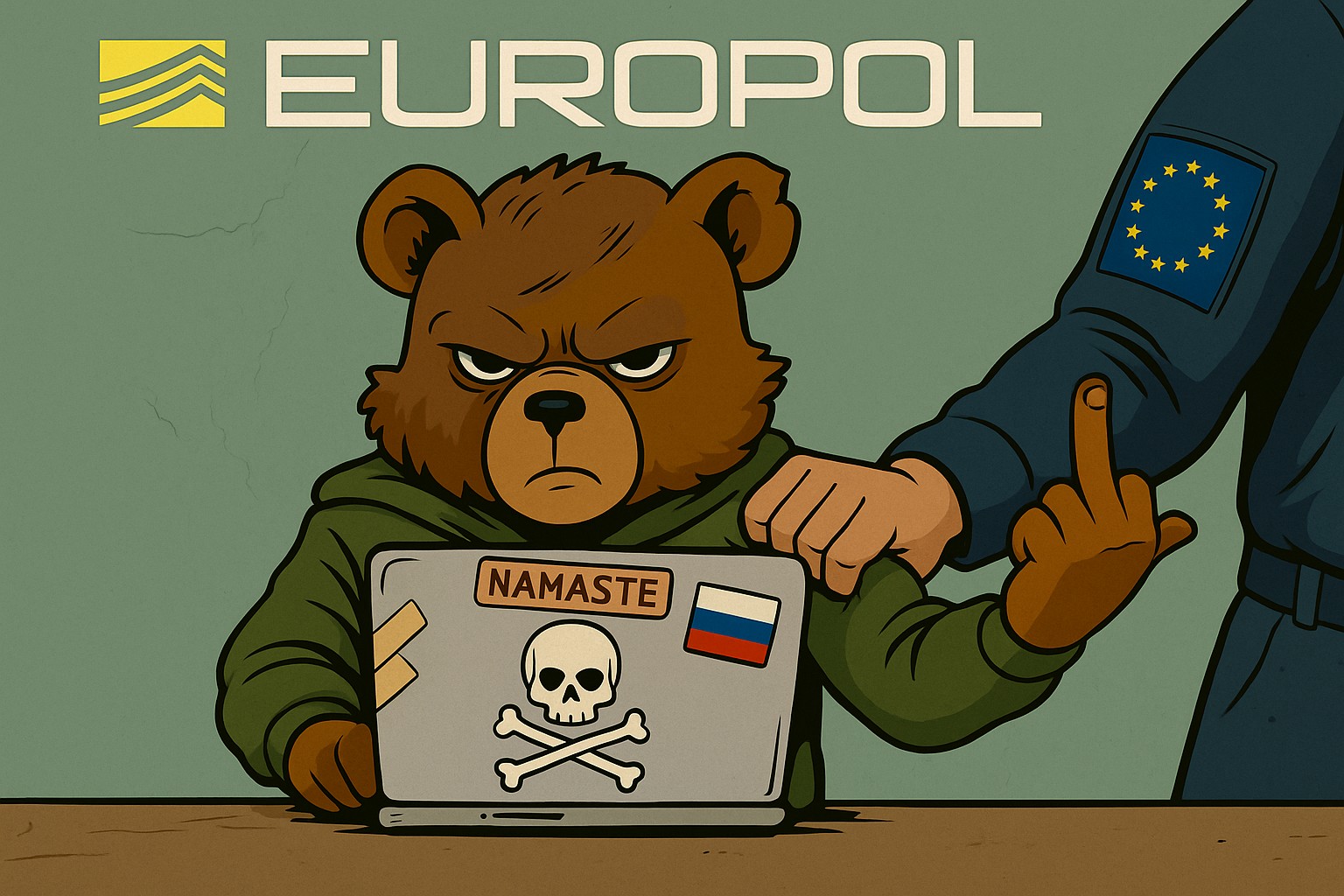Moscow wants NATO withdrawal from the Baltic: why the 1997 NATO-Russia Pact should be abolished

In the Russian political lexicon, the concept of ‘zones of influence‘ has never disappeared. On the contrary, it regularly re-emerges at moments of maximum tension with the West. It happened again in recent weeks, when Russian Deputy Foreign Minister Sergei Ryabkov explicitly called for NATO’s withdrawal from the Baltic States as a condition for a future ‘peace agreement’. A puzzling request, but not new, nor random: it has its roots in a pact signed in 1997, the so-called NATO-Russia Founding Act.
Gabrielius Landsbergis, Lithuania’s former foreign minister, recalls this clearly and firmly in an article published on his blog. That agreement, writes Landsbergis, ‘was a mistake from the start‘, and today it represents a dangerous brake on a real strategy of deterrence against Moscow. In other words, the time has come to officially shelve it.
The origins of the agreement: a gesture of goodwill
The Founding Act on Mutual Relations, Cooperation and Security between NATO and the Russian Federation, signed on 27 May 1997 in Paris, was born in an entirely different context. Russia was weak after the collapse of the Soviet Union, NATO was expanding, and the fear was that the entry of former Warsaw Pact countries into the Alliance would trigger unpredictable reactions from Moscow.
For this, the act established a political – not legally binding – understanding in which the parties committed to cooperate, to respect the sovereignty and territorial integrity of states and to jointly address common challenges to European security. In return for accepting (never formally sanctioned) NATO enlargement, Moscow obtained a commitment from the Alliance not to install ‘substantial permanent combatant forces’ in the new member states, i.e. those that joined after 1997.
That term – substantial – deliberately vague, soon became the core of a functional ambiguity: allowing rotational troops, logistical bases, large-scale exercises, but not ‘permanent bases’ in the classical sense.
For a decade and more, the illusion that this architecture could hold was maintained. But in the meantime, Russia progressively abandoned all pretence of cooperation.

The violated pact (from Moscow)
The first crack dates back to 2008, with the war against Georgia. Then, in 2014, the annexation of Crimea. Finally, in 2022, the large-scale invasion of Ukraine. With each new aggression, Moscow has trampled on the principles on which the Founding Act was based: respect for borders, rejection of the use of force, peaceful resolution of conflicts.
Yet, Landsbergis points out, the act remains technically in force. After the invasion of Ukraine, NATO declared its ‘political death’, but never formally denounced it. This legal silence, the former minister writes, is now a dangerous rhetorical concession to Moscow, which continues to present its demands – such as a return to the 1997 NATO borders – as legitimate claims, backed by an agreement it actually violated first.
A two-speed NATO
The problem is concrete. In order not to ‘provoke’ Moscow, NATO has so far avoided setting up permanent bases in the East. US forces in Poland are rotated, as are British and Canadian forces in Estonia and Latvia. The German brigade destined for Lithuania will be stationed, but presented as ‘non-substantial’, falling within the ambiguities of the 1997 agreement.
As Alexander Vershbow, former US ambassador to NATO and later deputy secretary general of the Alliance, explained, ‘theaim was to prevent Russia from viewing enlargement as aggression. But it was an understanding based on mutual goodwill – and Moscow stopped respecting it long ago‘.
This caution has generated a two-tier NATO, in which some members – particularly those in the East – are less protected than others. Deterrence, he notes, cannot be effective if it is perceived as selective.
After all, during the Cold War, the Alliance maintained up to 400,000 soldiers deployed along the Warsaw Pact border. Today, by comparison, NATO forces on the eastern flank appear modest, especially when conditioned by agreements that Russia has already rendered waste paper.
The strategic risk of ambiguity
Why then is the Act not formally repealed? Some fear that its formal denunciation could fuel further tensions with Moscow. In this view, maintaining the appearance of restraint would serve to avoid legitimising Russian accusations of hostile expansion. But it is a strategy, he notes, based on an illusory hope: that Russia can be contained through signs of goodwill.
Reality, however, says otherwise. As Landsbergis himself points out, ‘every time the West gives ground, Russia takes it and asks for more‘. The Kremlin does not interpret moderation as proof of balance, but as a sign of weakness.
Also for this reason, recent warnings issued by European intelligence services should not be underestimated. The head of German intelligence, Bruno Kahl, has warned that Moscow may soon ‘test’ Alliance cohesion through hybrid operations or targeted provocations, hoping to stir up divisions among the allies.
Declaring the agreement null and void: a political choice
Faced with this scenario, Landsbergis’s proposal is simple and radical, and in our opinion extremely agreeable: declare the 1997 Founding Act officially null and void. Not out of a revanchist spirit, but to re-establish strategic clarity. As long as the agreement exists on a formal level, he argues, Moscow will be able to continue using it as diplomatic leverage, distorting the reality of the facts and accusing NATO of failing in its commitments.
On the contrary, recognising that the conditions that gave rise to the agreement have failed – due to Russian actions – means freeing the Alliance from an obsolete constraint, and reinforcing the principle that every member state deserves the same protection, from Vilnius to Berlin, from Riga to Rome.
This is not a symbolic choice, but a concrete one. A choice that defines the credibility of the entire European security architecture.
Europe must decide
The war in Ukraine has made it clear that Russia is not content with partial influence. It wants to rewrite the rules, redefine the spheres, turn back the clock of history. To continue to defend the legal framework of 1997 is to remain imprisoned in a world that no longer exists.
NATO has a duty to update its strategic assumptions. The 1997 Founding Act, although born with distensive intentions, is today an obstacle. It must be clearly overcome, because as Lithuanian President Gitanas Nausėda says, ‘no NATO ally can be left in the fog of conditional deterrence‘.
Europe, if it really wants to guarantee its own security, can no longer afford ambiguity. It must choose defence, deterrence, equality between allies. And it must do so now.













